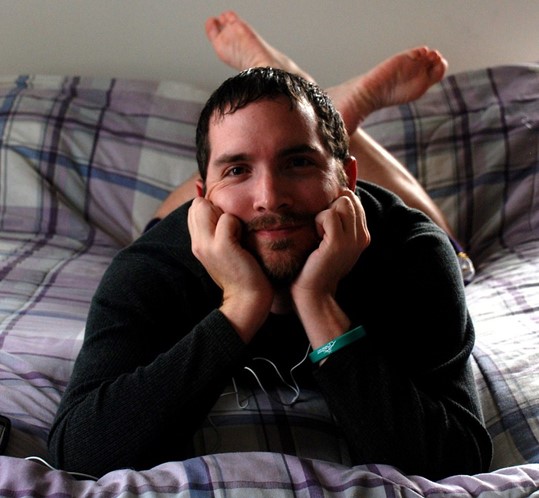A COVID Success Story: A Twin Embraces Being Alone
Most of us experienced many emotional ups and downs during these long months of separation from loved ones or “too much togetherness” with our families. One bright spot for me amid this psychological mayhem was a conversation I had with an identical twin gentleman in his midthirties whom I had not spoken with in almost a year. He shared how spending more time alone induced positive changes in his outlook on life and on himself.
The quarantine helped him reframe his obsessive needs to be in a relationship, have a huge circle of friends, and stay frantically busy with work and exercise. Previously, he felt self-loathing when he did not accomplish his goals. For example, if he was late for an appointment or missed a workout, he would be extremely upset with himself. If he was not in a relationship or not looking for one, he was beset with anxiety, loneliness, and desperation. He was preoccupied with finding a boyfriend because the prospect of being alone terrified him.
He wondered why he used to obsess about all of his friends getting along with each other. He recalled how devasted he felt when he did not get the reaction from others that he hoped for. He frequently apologized for disappointing others even when he did nothing wrong. In his past relationships, he tended to be controlling and calculating, measuring what he did for someone and expecting an equivalent response.
While he still gets impatient with himself if he works too long or goes stir crazy from constantly staring at his four walls, he takes responsibility and tries to find ways to soothe himself. He recognizes that he has a solid group of friends he can contact and no longer buys into the misguided belief that all of his friends must get along with each other. He enjoys going on walks with his twin brother. He feels more comfortable about asserting his needs and worries far less about what others think of him.
Instead of fretting that he is missing out on life, he has developed an appreciation for being alone and being present. He feels a bit embarrassed about how dependent and insecure he felt during the past few years. The new normal has helped him develop a new persona—one more like a singleton’s, perhaps. He no longer fears being alone, he has cultivated an appreciation for solitude, and he enjoys a sense of liberation from the suffocating remnants of dependent, twinlike attachments. Now that he is no longer psychologically trapped in unhealthy connections, he dreams of travelling and expanding his emotional world, unencumbered by crippling, compromised relationships.


